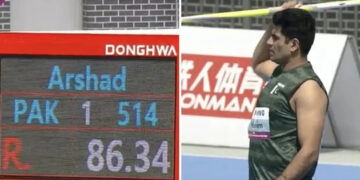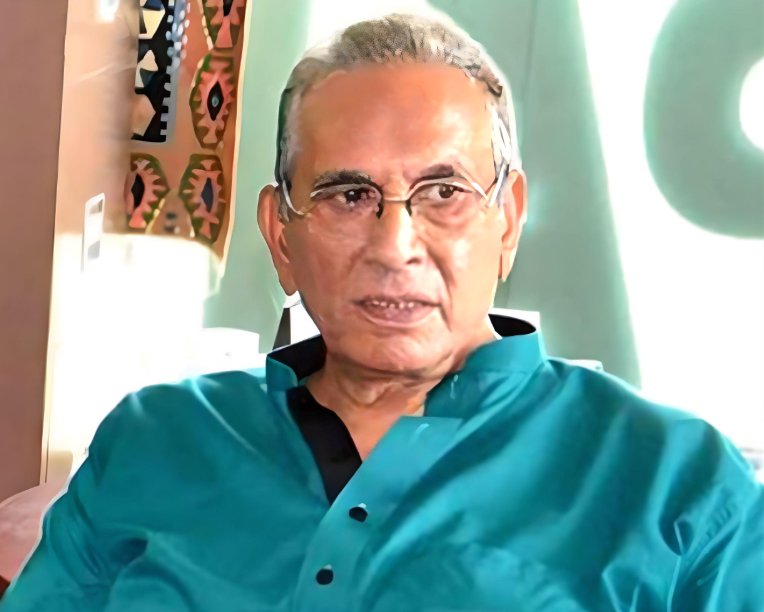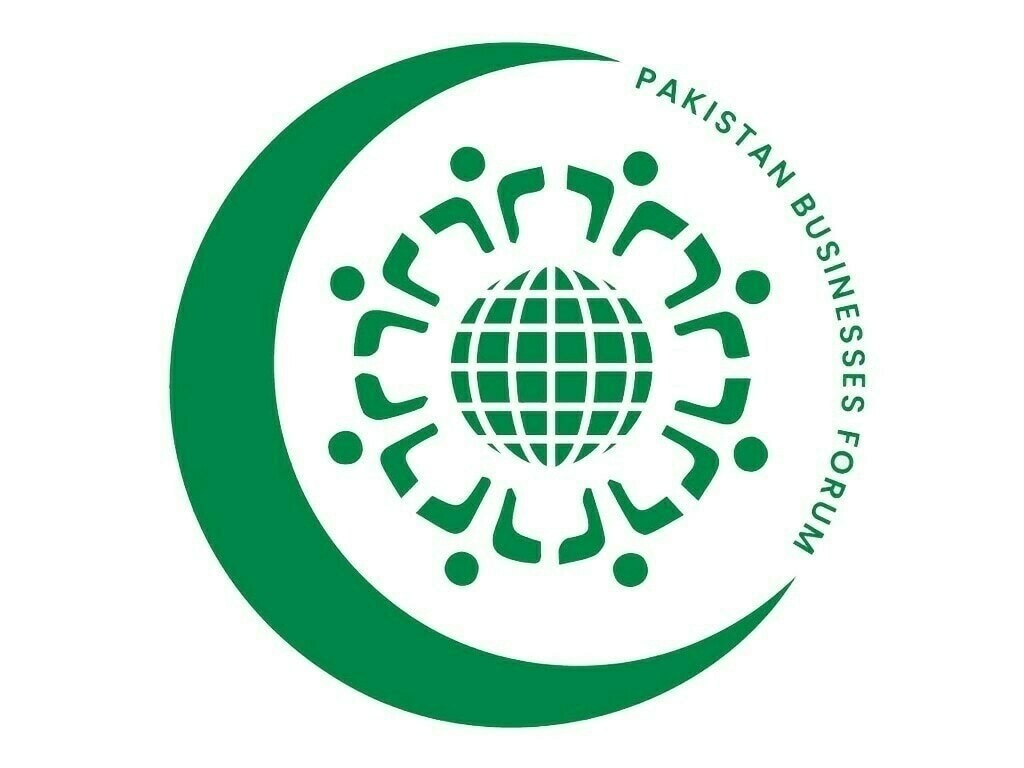Karachi: The Unique features of Quaid-e-Azam’s last Will were elaborated at Quaid-e-Azam’s House by Professor Dr. Mohammad Ali Shaikh, Former Vice Chancellor of Sindh Madressahtul Islam University. It was one of a series of lectures held at Quaid-e-Azam House, now a museum. He said that Quaid-e-Azam after leaving some small amount for his Brother, Sister, and Daughter had designated six educational institutions to receive a major part of his hard-earned personal wealth. Among them, three were to receive fixed amounts, while the other three were declared as his perpetual heirs. The last two Paras of his Will contain the core. He added that Quaid wrote, “I direct my executors to pay the following by way of gifts to the institutions mentioned:


I bequeath Rs. 25,000/- (Twenty-five thousand) to the Anjumane-Islam School, Bombay, situated at Hornby Road opposite Boribunder Station and next to The Times of India Buildings; I bequeath Rs. 50,000/- Fifty thousand to the University of Bombay; I bequeath Rs. 25,000/- Twenty-five thousand to the Arabic College, Delhi.” Dr. Mohmmad Ali Shaikh said that gold was Rs. 42/- per tola then and now it is over two lacs per tola, this way one thousand rupees of that time equates to fifty Crore of present times Pakistan’s currency. He confirmed that it may be noted that he had studied for a few weeks at Anjumane-Islam School, Bombay when he went there on a visit with his paternal aunt. He tried to pay back to his school when he could. In the case of his directions regarding the University of Bombay, unfortunately, petty politics came into play and the University declined to accept the amount under QA’s name. The third beneficiary was the historic Arabic College of Delhi, which QA had visited many times and valued its contributions. He added that in another Para the Quaid had written “perpetual beneficiaries’, for whom he wrote: “Subject to above, all my residuary estate including the corpus that may fall after the lapse of life interests or otherwise to be divided into three parts – and I bequeath One part to Aligarh University, One Part to Islamia College, Peshawar, and One Part to Sindh Madressa of Karachi.” The phrase “lapse of life interests” in his will meant that in case of individual beneficiaries (like his siblings etc except Fatima and Dina), his largesse was to fall back in his residuary estate after their death. This made his residuary estate a huge pool of wealth, which he symbolically directed towards youth through educational institutions. The implementation of this part required first disposing of his wide-scattered property and assets in Pakistan. By the 1980s, most of the properties were sold and an amount of more than 32 million was raised, bringing each institution’s share to Rs.10,811,600/-. At this stage, a case was filed in the Sindh High Court to seek directions regarding the share of Aligarh Muslim University (AMU).


The court directed that a trust be established in Pakistan from that money and scholarships be awarded to students. Thousands of students have availed of this scholarship and are known as Jinnah Scholars. Former Chief Minister of Sindh too was a Jinnag Scholar. In the case of Islamia College, Peshawar, it got its due share, which was used in the establishment of a library after QA’s name. Dr. Shaikh said that he had the honor of co-laying the foundation stone of that library in the 1990s, at the invitation of the then principal Prof. Mussarat Hussain Shah. The last beneficiary was the Sindh Madressah of Karachi (SMI) where QA had studied for 4/5 years. The money was used in the establishment of the Quaid-e-Azam Public School. It is heartening to see that his legacy continues in the form of students, whom in a way he designated as his heirs, through the educational institutions. Professor Dr. Mohammad Ali Shaikh was welcomed to Quaid-e-Azam House Museum by Commodore (Retd) Sadeed A. Malik Kashir, Secretary General of the Board of Management, and at the end, he thanked Dr. Shaikh for his presentation to the students of Pakistan Naval Academy and the Commandant who was the Chief Guest.
Commodore (Retd) Sadeed A. Malik Kashmir, Sitara Imtiaz, Military SECRETARY-GENERAL
















